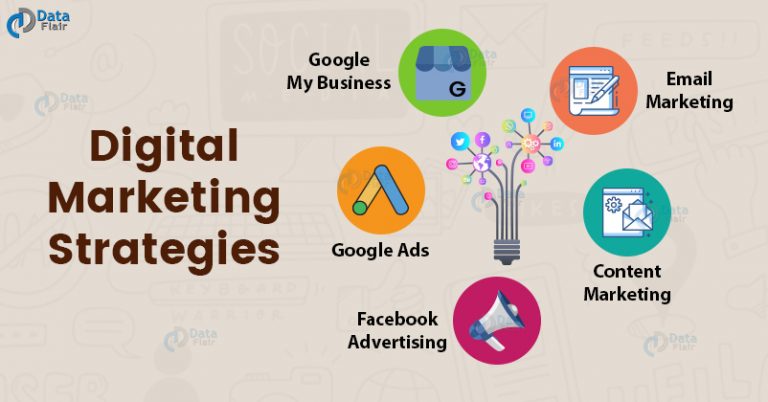Now Reading: AI Can Raise A Country’s GDP But How?
-
01
AI Can Raise A Country’s GDP But How?

AI Can Raise A Country’s GDP But How?
As per Goldman Sachs Research, significant advances in generative AI could significantly alter the global economy. There is potential for a 7% (or nearly $7 trillion) rise in world GDP and 1.5 percentage points of productivity growth over a 10-year period as tools utilizing advances in the processing of natural language make their way into businesses and society.
Economists at Goldman Sachs, Joseph Briggs, and Devesh Kodnani, write in a report, “Despite significant unpredictability around the prospects for generative AI, it’s capacity to produce content that is impossible to distinguish from human-created production and to break down barriers to communication between humans and machines reflects a huge advance with potentially large macroeconomic factor.”

AI’s potential will determine the extent to which it affects labor productivity
There could be widespread effects on labor markets from the latest generation of AI systems. Changes in processes brought on by these innovations, write Briggs and Kodnani, could make available for automation an equal amount of 300 million full-time jobs.
Our economists have estimated that roughly two-thirds of U.S. occupations are vulnerable to automation by AI based on an analysis of data sets detailing the task content of over 900 occupations. Furthermore, they estimate that between a quarter and half of the workload in vulnerable occupations could be replaced by automation. However, the report claims that not all jobs will be eliminated as a result of increased automation. Although artificial intelligence (AI) will have a “significant impact” on the job market, “most jobs and businesses are only partially subjected to automation,” the authors write, so AI is more likely to “complement” existing jobs than “replace” them.
The potential for AI to automate at least some tasks in two-thirds of all jobs
The report also notes that new jobs have always been created to compensate for those lost to automation and that the emergence of new occupations in response to technological innovations is the main cause of long-run job gains. Web designers, programmers, and digital marketers, for instance, are all relatively new professions made possible by advancements in IT. An indirect effect of this increased aggregate income was an increased demand for provider sector workers in fields such as healthcare, education, and the food and beverage industries.
The report cites a new report by economist David Autor that found 60% of today’s workers are engaged in activities that did not exist in 1940. Our economists conclude that this means that the creation of new jobs due to technological advancements accounts for more than 85% of the increase in employment over the past 80 years.
Most new jobs are created as a result of innovations in technology

Companies in the software industry are fortifying their product lines with new generative AI options right now. The authors point out that SaaS companies, in particular, are taking advantage of these trends to improve their product offerings, reach more customers, and grow their businesses. Multiple opportunities for expansion using generative AI have been identified.
- Releasing new products and software that make use of AI
- Charging more for products that include AI
- Gradually raising prices as existing products gain additional AI-enabled features and prove their worth to consumers. To put this in perspective, GS Research places the global software market at $685 billion, while the total market potential for generative Ai technologies is $150 billion.
The team predicts that as more conceptual AI tools are developed and overlaid into existing software applications and software packages, businesses from across the economy will benefit. This includes everything from boosting workplace productivity and sales to improving medical diagnosis and cybercrime prevention.
The full impact of generative AI on the global economy and society is still unclear, but early indicators suggest it could have far-reaching consequences.












